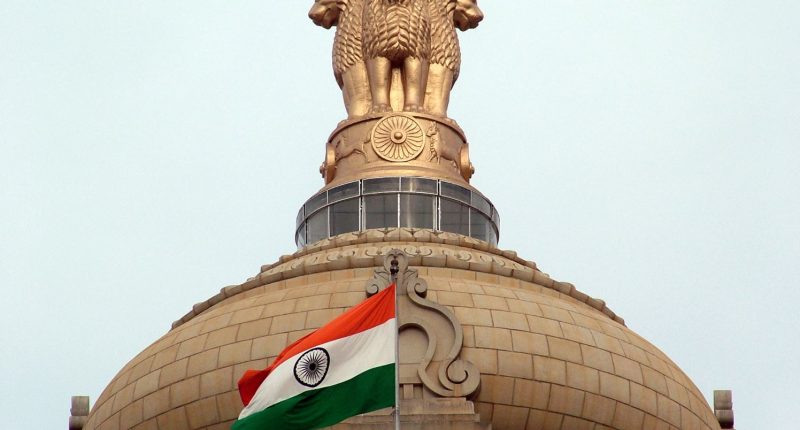The controversial Data Protection Bill, that the current Indian government started working nearly half a decade back, has been withdrawn. Ever since it was introduced, the government has almost always been under pressure, finding no backers and facing intense pushback from general public as well as tech companies. India’s Supreme Court judgement in 2017, around Right to Privacy, further dented the bill’s prospects, which has now officially been withdrawn.
The Government however, has promised to introduce a new legislation “very soon but without any dilution to broader privacy aspects of the original bill and without any compromise to the Right to Privacy”. Interestingly, India’s former IT minister, Ravi Shankar Prasad, a rather noted politician, had to let go off his ministry, with many attributing it to his inability to get the bill through, for nearly four years.
Current IT minister, Ashwini Vaishnav, cited amendments sugested by the JCP committee, as the reason for withdrawal. 81 amendments were proposed and 12 recommendations were made “towards a comprehensive legal framework”.
“Considering the report of the JCP, a comprehensive legal framework is being worked upon. Hence, in the circumstances, it is proposed to withdraw ‘The Personal Data Protection Bill, 2019’ and present a new bill that fits into the comprehensive legal framework.”
In a tweet, Meity MoS Rajeev Chandrasekhar said the JCP report had identified issues that were relevant but beyond the scope of a modern privacy law. “Privacy is a fundamental right of Indian citizens & A Trillion dollar Digital Economy requires Global std Cyber laws (sic),” he said.
First drafted by an expert committee in 2018, and introduced as a draft by the government 2019 in the Lok Sabha (Parliament Lower House), it was then referred to the Joint Parliamentary Committee in December that year. The latest version of the bill however, included both personal and non-personal data, governed under a Data Protection Authority. It was the addition of the non-personal data element, that was heavily criticised by privacy experts, tech companies and general public alike, emboldened by a 2017 Supreme Court decision that held ‘Right to Privacy’ as a fundamental right.





